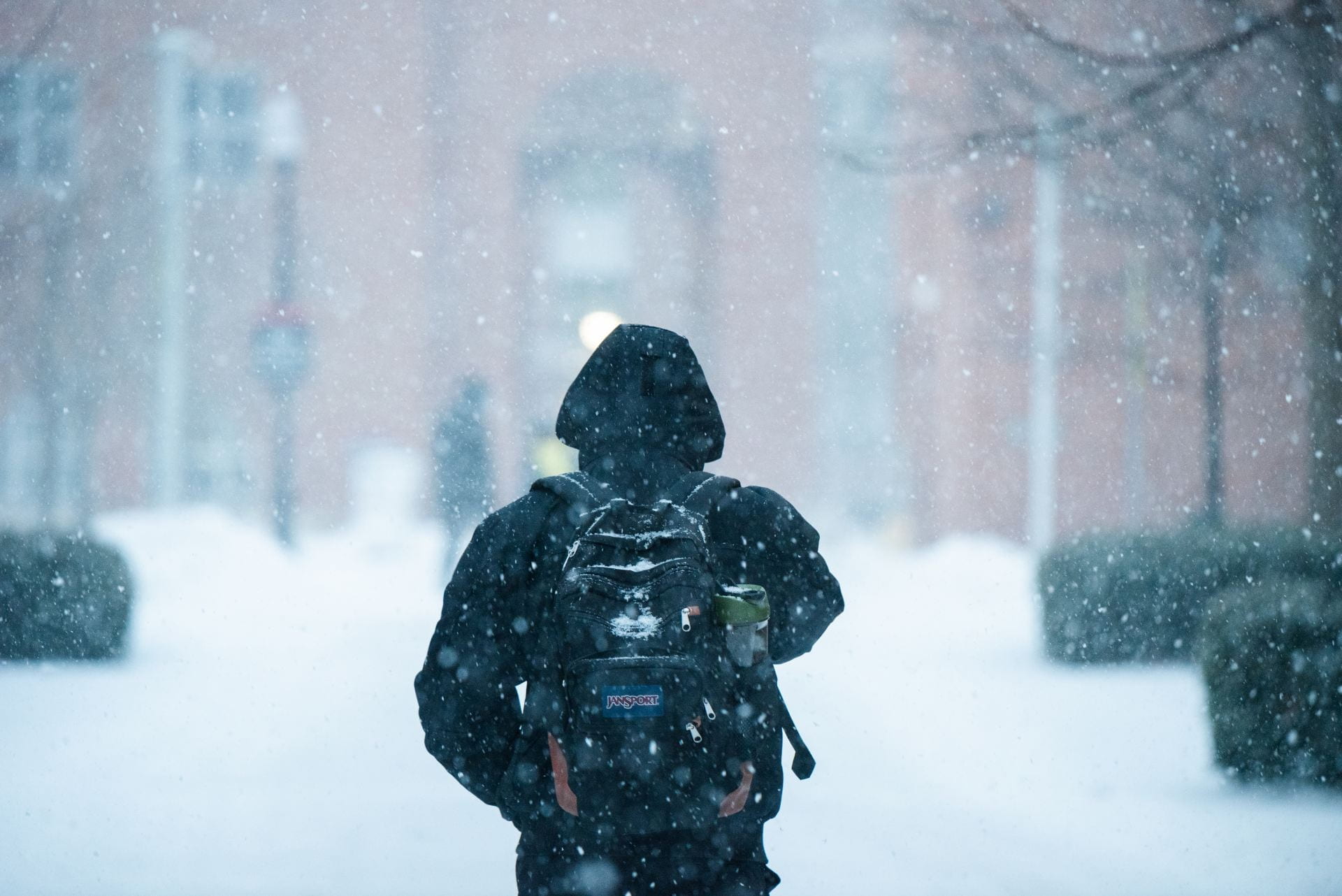
For students struggling with Seasonal Affective Disorder, there are several on campus resources to help them stay academically motivated. Credit: Lantern File Photo
As the days get shorter and the weather gets colder, many students may find themselves faced with feelings of fatigue, hopelessness or a lack of motivation. For some, these symptoms may result in a diagnosis of Seasonal Affective Disorder, or SAD, a type of depression that correlates to changes in the season.
Sophia Wang, a second-year in nutrition science, said she knew she felt different as soon as the clocks changed at the end of daylight saving time.
“I always fall into a low mood now, and I don’t know why,” Wang said. “My last class every week ends at 6 p.m. During daylight saving time, it was still bright after class, but it is different now.”
Wang said with less sunlight during her waking hours, she felt more tired and lacked her usual enthusiasm for the experiences in her day.
Harry Warner, director of outreach for the Counseling and Consultation Service, said many people can have symptoms of SAD even if they are not officially diagnosed.
“The point [where] it becomes a disorder [is] when it affects daily functioning,” Warner said. “For example, someone who is not able to complete schoolwork, that’s when it becomes a disorder.”
Warner said there are two levels of on-campus resources that students can use for assistance with SAD.
“One level is maybe you are having some symptoms, but still doing kind of OK in life,” Warner said. “But you still may want to have a little bit of help.”
Warner said in that situation, one resource for students is a “Let’s Talk” consultation — a brief, confidential, one-on-one conversation a student can have with a professional staff member to receive coping advice.
Warner said if students cannot get schoolwork done or have withdrawn from friends, they should reach out for counseling, schedule a phone screening and get a treatment plan.
If academics are the main concern for people suffering from SAD, the Dennis Learning Center is a strong resource to create a plan, Rachel Tuttle, a senior lecturer who teaches at the center, said.
Tuttle said students can use academic coaching, a free service to address time management and study plans.
“I do know that there are many different reasons that are connected with students’ motivation, and motivation is a complex concept,” Tuttle said. “Within our coaching and workshops, we do help students start to explore their own motivation and how they tap into it.”
The center also offers workshops focused on real-life academic success strategies, like stress management, Tuttle said.
Warner said students are paying more attention to SAD every year, which means more of them are seeking support.
Those students include Zixian Chen, a second-year in psychology, who tries to stay motivated academically by working with her friends every weekend on classwork.
“We will supervise and encourage each other, which will greatly improve each other’s studying efficiency,” Chen said. “Studying in a group makes studying easier for me than studying by myself.”
No matter what challenges students face regarding SAD, Tuttle said the university has resources to help them.
“We really encourage our students to take advantage of all of the resources that are available to them,” Tuttle said.


